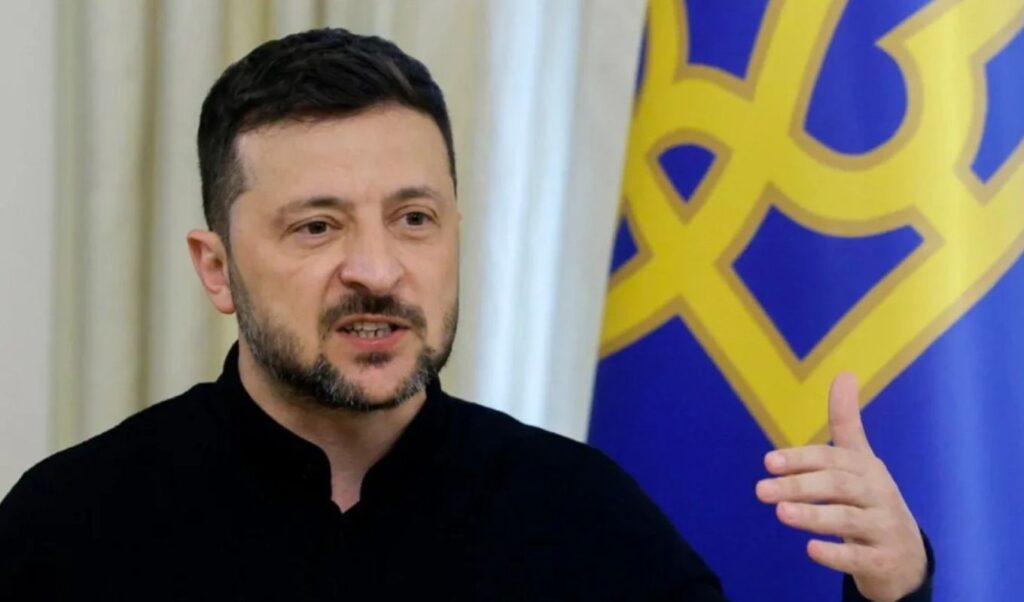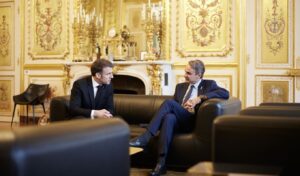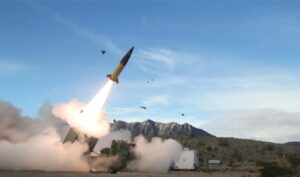In a grim assessment of the war on Ukrainian territory, the American network Politico explains that the conflict seems almost impossible to end soon. In its analysis, the publication emphasizes that Volodymyr Zelensky dissolved Ukraine’s two main anti-corruption agencies, which had focused on top government officials. This move triggered the first protests across the country since the start of Russia’s full-scale invasion in 2022. In Kyiv, hundreds of protesters gathered near the presidential complex, while crowds of veterans, active military personnel, and civilians assembled in dozens of other cities. Despite the rallies, Zelensky approved the new law, which will grant substantial powers over the National Anti-Corruption Bureau (NABU) and the Specialized Anti-Corruption Prosecutor’s Office (SAP) to the politically appointed prosecutor general.
As the country’s own citizens and the EU increase pressure on Zelensky, the Ukrainian leader appeared to make a small concession on Wednesday evening, saying in his regular address that he would promote new legislation responding to the protests’ demands, which would ensure that “all rules for the independence of anti-corruption institutions will be put into effect.” However, what exactly he meant remains unclear, with citizens continuing to be angry despite his assurance to Ukrainians that he had no intention of undermining the work of either organization, implying that the changes were necessary to protect the agencies from Russian influence.
EU displeasure with Zelensky
Despite Zelensky’s assurances, however, EU officials and diplomats are displeased with the purges and reshuffles that led to the departure of more independent ministers and officials from the government, such as former Foreign Minister Dmytro Kuleba and former head of Ukraine’s national electricity transmission network, Volodymyr Kudrytskyi. EU officials also expressed fears that the authorities’ search for traitors and Russian collaborators was turning into a political witch hunt aimed at silencing critics.
In a social media post before the new law’s approval, European Commissioner for Enlargement Marta Kos stated that the situation would harm Ukraine’s accession negotiations. “Independent bodies like NABU and SAPO are essential for Ukraine’s path to the EU,” she wrote. Meanwhile, G7 ambassadors in Kyiv issued a joint statement expressing their “serious concerns.” Other top Brussels officials also expressed their disapproval, including European Commission President Ursula von der Leyen, who demanded answers from Zelensky.
The question that arises, according to the Politico writer, is why EU officials are publicly expressing their concerns about this power monopolization only now?
As he points out, this is partly because the move regarding the anti-corruption services was so blatant. According to officials from both public authorities and the anti-corruption service who spoke to Politico on condition of anonymity, NABU had begun investigations into transactions involving those in the presidential office and ministers. Additionally, the presidential administration had begun targeting anti-corruption activists, such as Vitali Shabunin, head of the NGO Anti-Corruption Action Center.
The major reactions triggered by Zelensky’s decision also caught the EU’s attention. The Kyiv Independent, an English-language media outlet closely read in Brussels, had the headline of its sharply critical article: “Zelensky just betrayed Ukraine’s democracy — and everyone fighting for it.”
Opposition MP Mykola Knyazhytskyi also agrees that the reason for purging the services was their targeting of people involved in the presidency. “NABU was about to bring charges against several extremely powerful people and the authorities had to be urgently protected,” he told Politico.
He also suspects that Zelensky and Yermak felt they could limit the services’ independence and avoid punishment. “They believe that neither the EU nor the US will show as much interest in anti-corruption agencies’ activities as they did before, as they will still be forced to support Ukraine,” Knyazhytskyi concluded.




